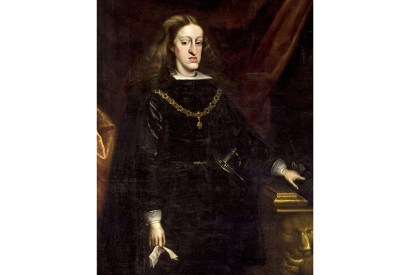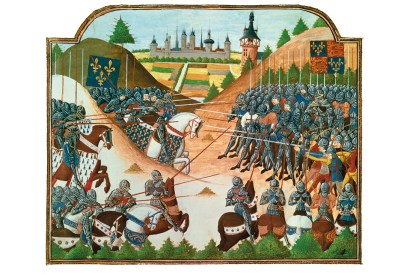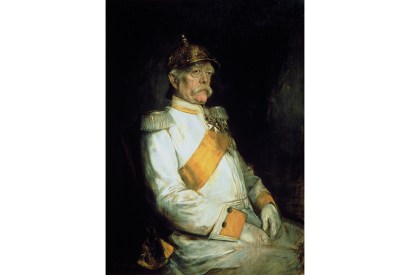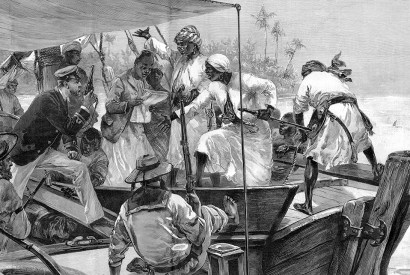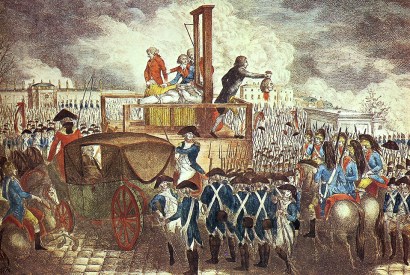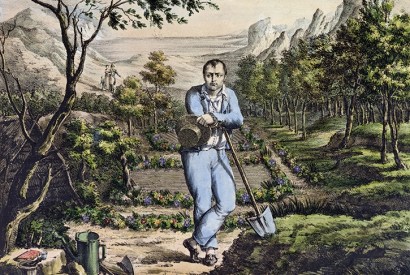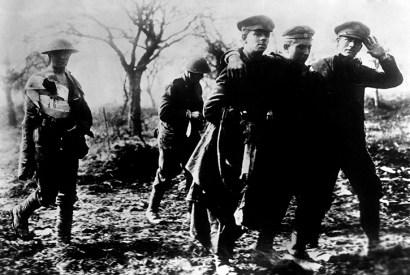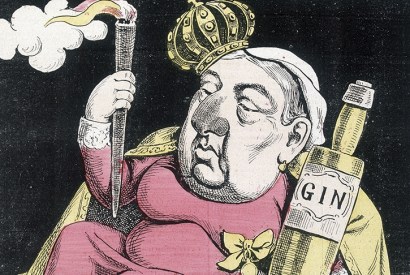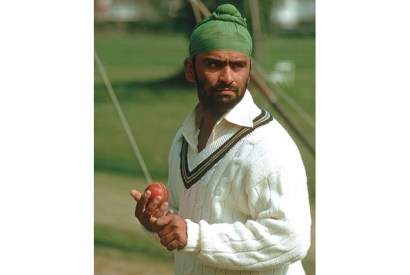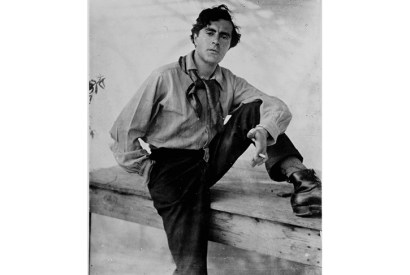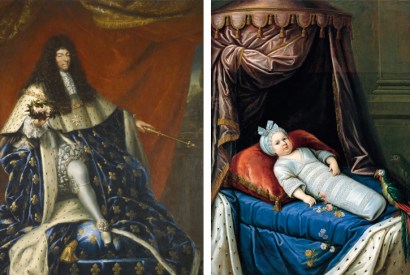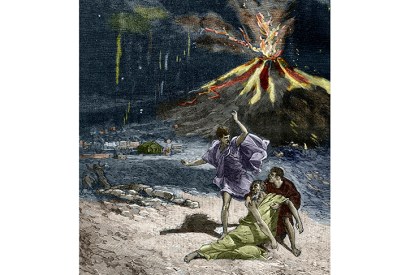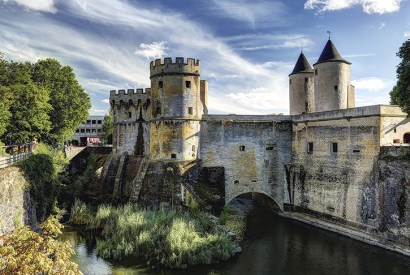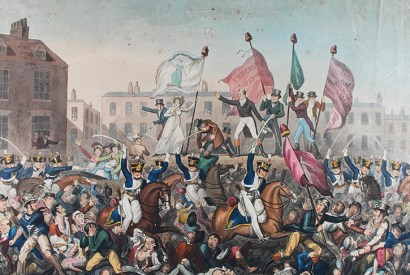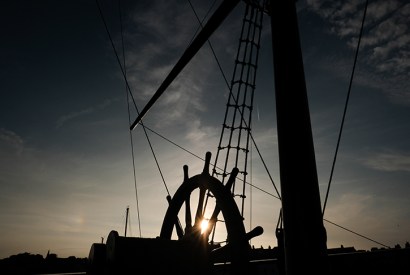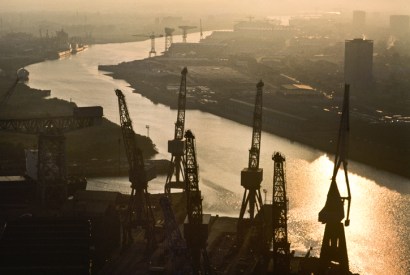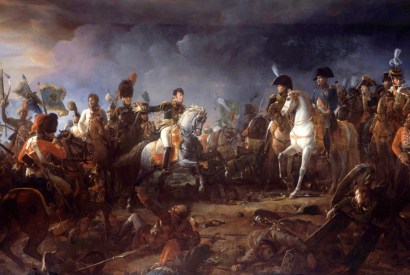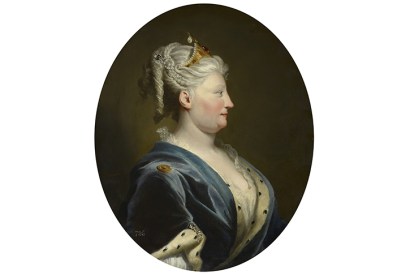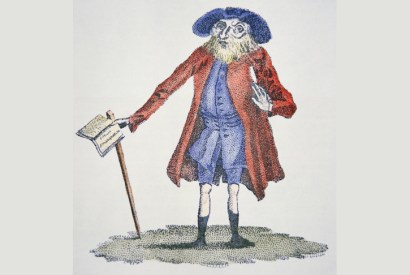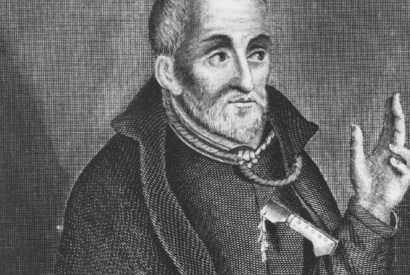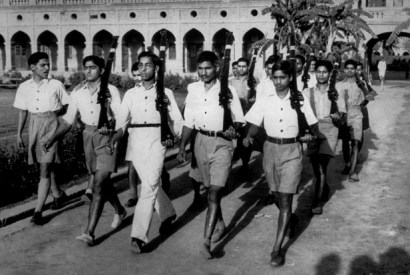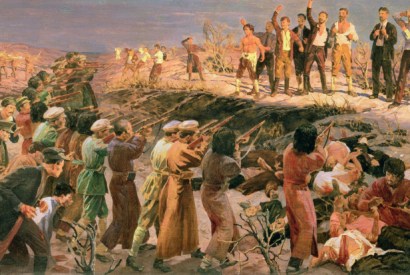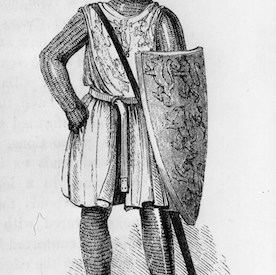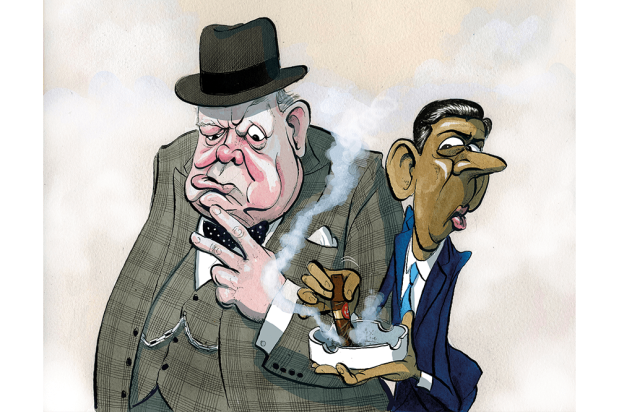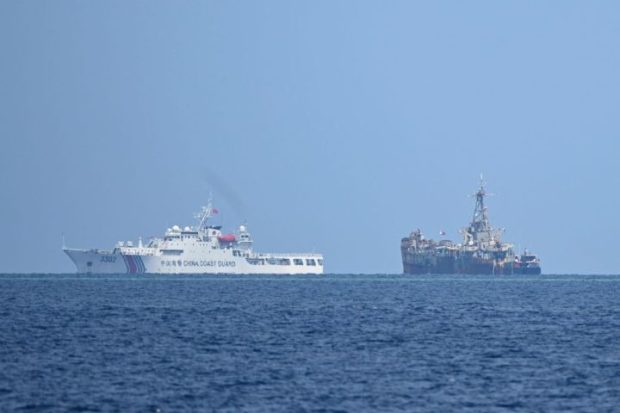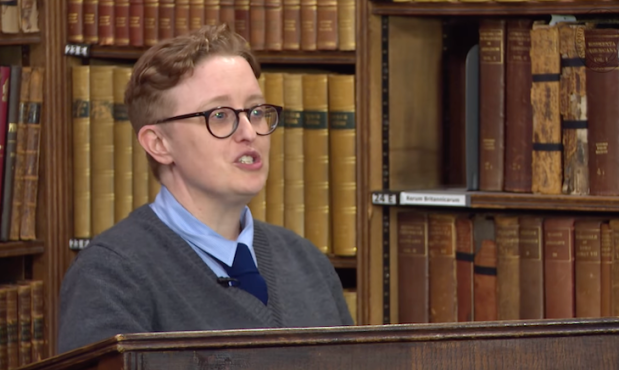How ever did the inbred Habsburgs control their vast empire?
For centuries, a line of mentally retarded monarchs managed extraordinary feats of engineering across the world against all odds
The Hundred Years War ends in England’s agonising defeat – but triumph for Jonathan Sumption
England’s final, agonising defeat in the Hundred Years War brings Jonathan Sumption’s monumental history to a close. David Crane salutes 43 years of research and writing
The Franco-Prussian war changed the map of Europe – so why are we so ignorant about it?
Rachel Chrastil describes how Bismarck, relying on Gallic pride to provoke the war he wanted, ensured that France would fight without a single ally
Failing to denigrate Britain’s entire colonial record has become a heinous crime
Any mention of imperialism’s benefits is now considered morally reprehensible, as the furore over Nigel Biggar’s Colonialism shows
The history of the world in bloodshed and megalomania
It is hard to imagine why anyone should want to write one, but if there has to be a history…
Straight lines and grandiose schemes — Napoleon the gardener
Not content with imposing his will on nations, Napoleon tried to subdue nature too, says David Crane
Up close and personal: voices from the Great War, week by week
As the Great War unfolds, voices we don’t usually hear describe with a terrible raw honesty the realities of their experience, says David Crane
Holding the Empire responsible for the state of modern Britain is becoming commonplace
It seems to have become a virtual orthodoxy of the academic and publishing worlds that history and fiction now have…
Is Indian cricket no longer cricket?
There is nothing in world sport, ‘nothing in the history of the human race’, Ramachandra Guha modestly reckons, that can…
Vain, inbred and inept: how could the Habsburgs have survived so long?
One of the great mysteries of European history is how for the best part of 700 years a family who…
Is there no field in which the Jewish mindset doesn’t excel?
More than 20 years ago, George Steiner, meditating on 2,000 years of persecution and suffering, posed the ‘taboo’ question that…
Homage to Charlemagne, the first Holy Roman Emperor
It is not often that a book’s blurb gives any idea of what’s inside, but Helen Castor’s endorsement — ‘a…
The glory and the misery of Louis XIV’s France
I was flicking through an old copy of The Spectator the other day, one of the issues containing contributors’ ‘Christmas…
Has Daisy Dunn chosen the wrong Pliny to write about?
I couldn’t help thinking, as I read this book, of an old story, vaguely recalled from English A-level classes, about…
Lotharingia: Charlemagne’s much disputed legacy
In 1919, only months after the end of the Great War, a French airman called Jacques Trolley de Prevaux, accompanied…
‘The reality was disgusting’: Peter Ackroyd slams Victorian Britain
‘It was the best of times, it was the worst of times… it was the epoch of belief, it was…
A date with Venus in Tahiti
There is something about the Transit of Venus that touches the imagination in ways that are not all to do…
Historian David Edgerton says the ‘British nation’ lasted from 1945 to 1979, the miner’s strike its death knell
It seems somehow symptomatic of David Edgerton’s style as a historian, of a certain wilful singularity, that even his book’s…
Napoleon’s dazzling victories invited a devastating backlash
On 20 July 1805, just three months before the battle of Trafalgar destroyed a combined French and Spanish fleet, the…
Caroline of Ansbach: the best of the Hanoverians
It can sometimes seem — unfairly but irresistibly — as if the sole function of the myriad Lilliputian German statelets…
Raising Cain
It is a pretty safe bet that for every 1,000 people who know of William Wilberforce, no more than the…
When English Catholics were considered as dangerous as jihadis
Martyrdom, these days, does not get a good press. Fifty years ago English Catholics could take a ghoulish pride in…
The forgotten army: abandoned by the British to the horrors of Partition
It is often said that cricket was ‘a game invented by the English and played by Indians’, and every so…
Murder in the dunes: the ‘26 Martyrs’ of Baku and the making of a Soviet legend
In the pre-dawn hours of 20 September 1918, a train, its headlamp off, heading eastwards out of Kransnovodsk on the…
William Marshal: kingmaker — or just king of the joust?
In February 1861 a 21-year-old French medievalist called Paul Meyer walked into Sotheby’s auction house near Covent Garden. He had…

